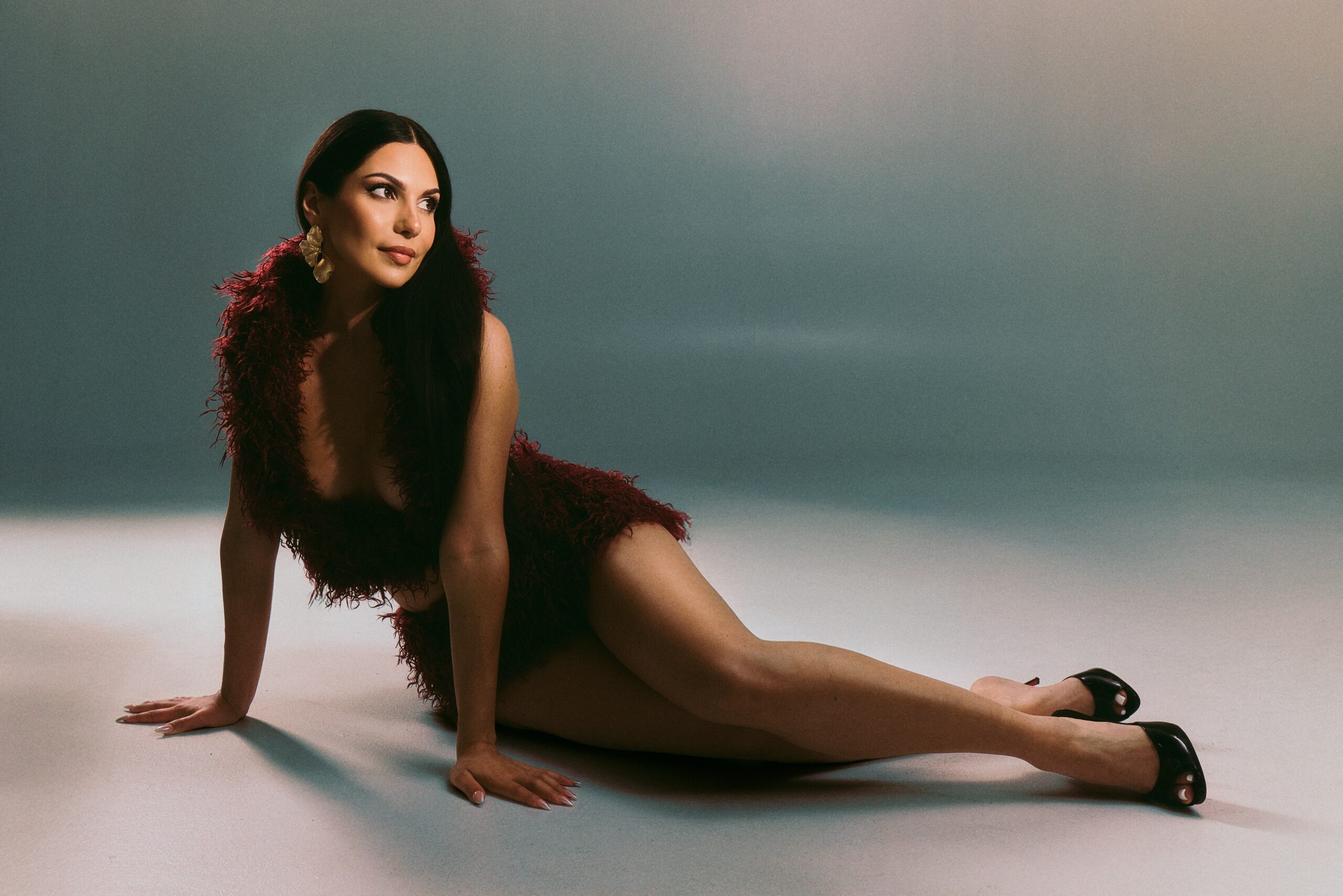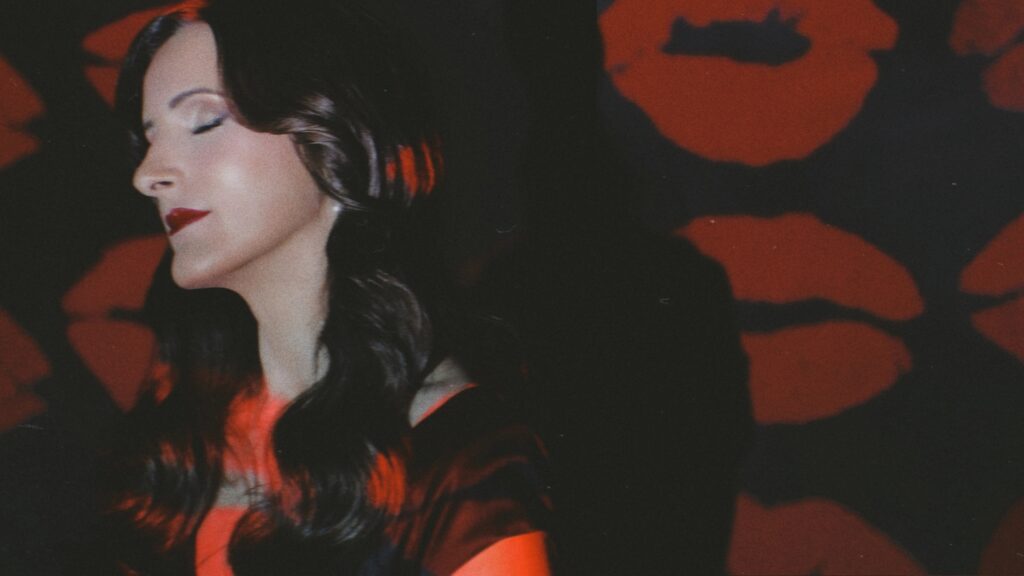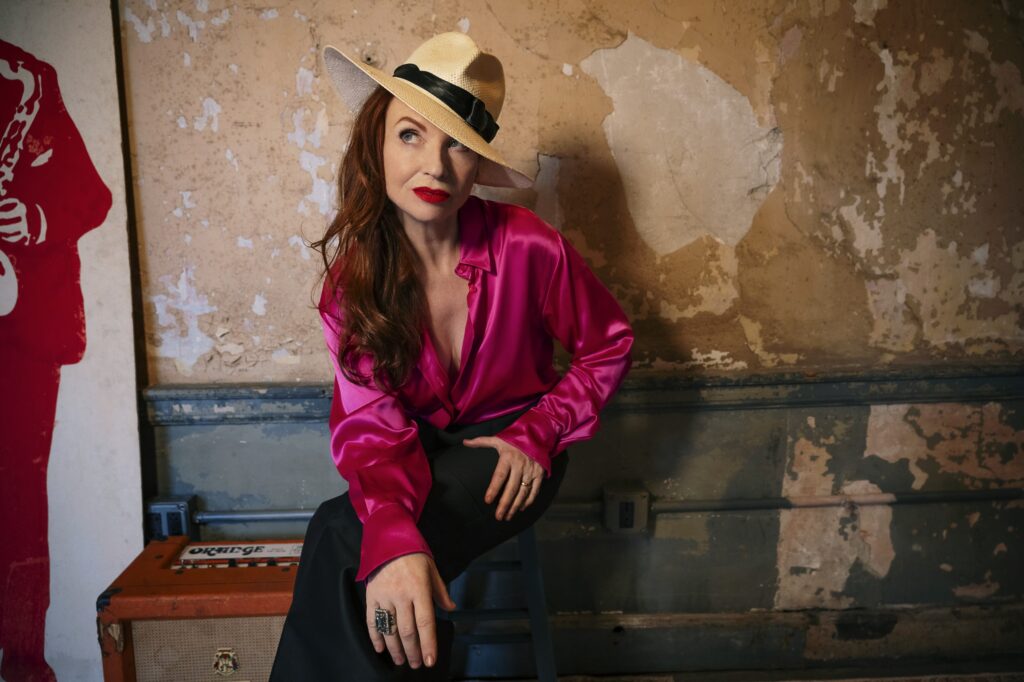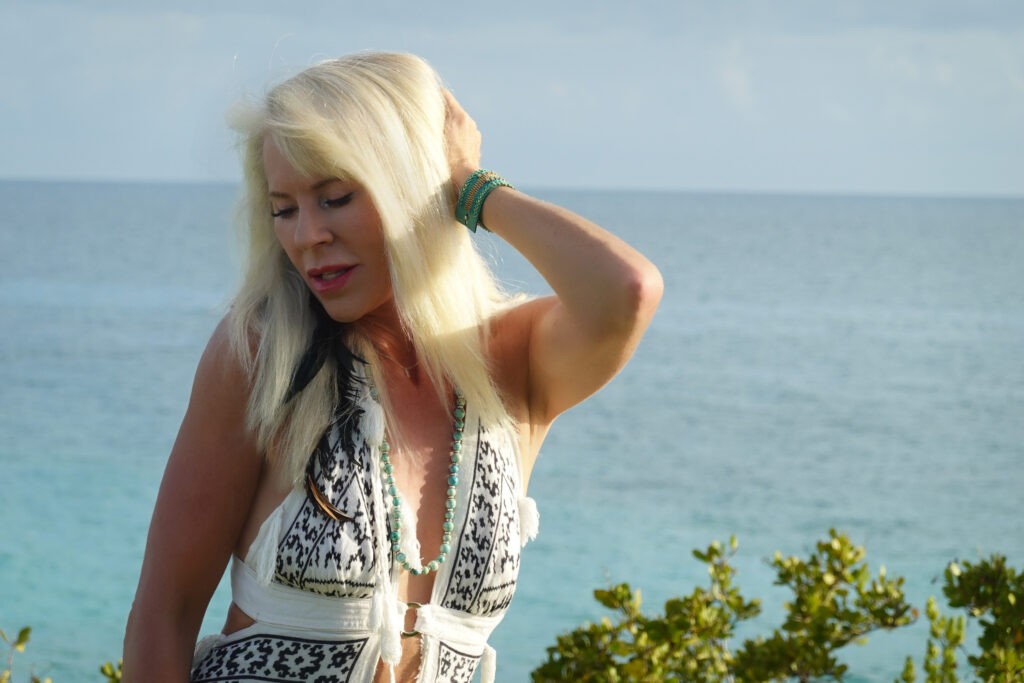The first thing you notice about Chrissy Spratt isn’t her voice. It’s the calm she carries when she steps onstage, a quiet confidence that doesn’t need to demand attention because it already has it. Fresh off a Canadian tour with Nigerian star Chike, she’s performed for audiences who didn’t know her name at the start of the night but are singing along by the end. For her, the joy is mutual. “It’s seeing the smiles,” she says. “Bringing people joy brings me joy.”
“It’s been amazing,” she continues, reflecting on her first tour across Canada with Chike. “I wasn’t really sure what to expect, but his fans are the sweetest, most supportive people. Every single city, I just received so much love from them.” That love is something Spratt has learned to nurture and redirect through her own music. Touring, for her, isn’t just exposure; it’s a reminder of purpose.
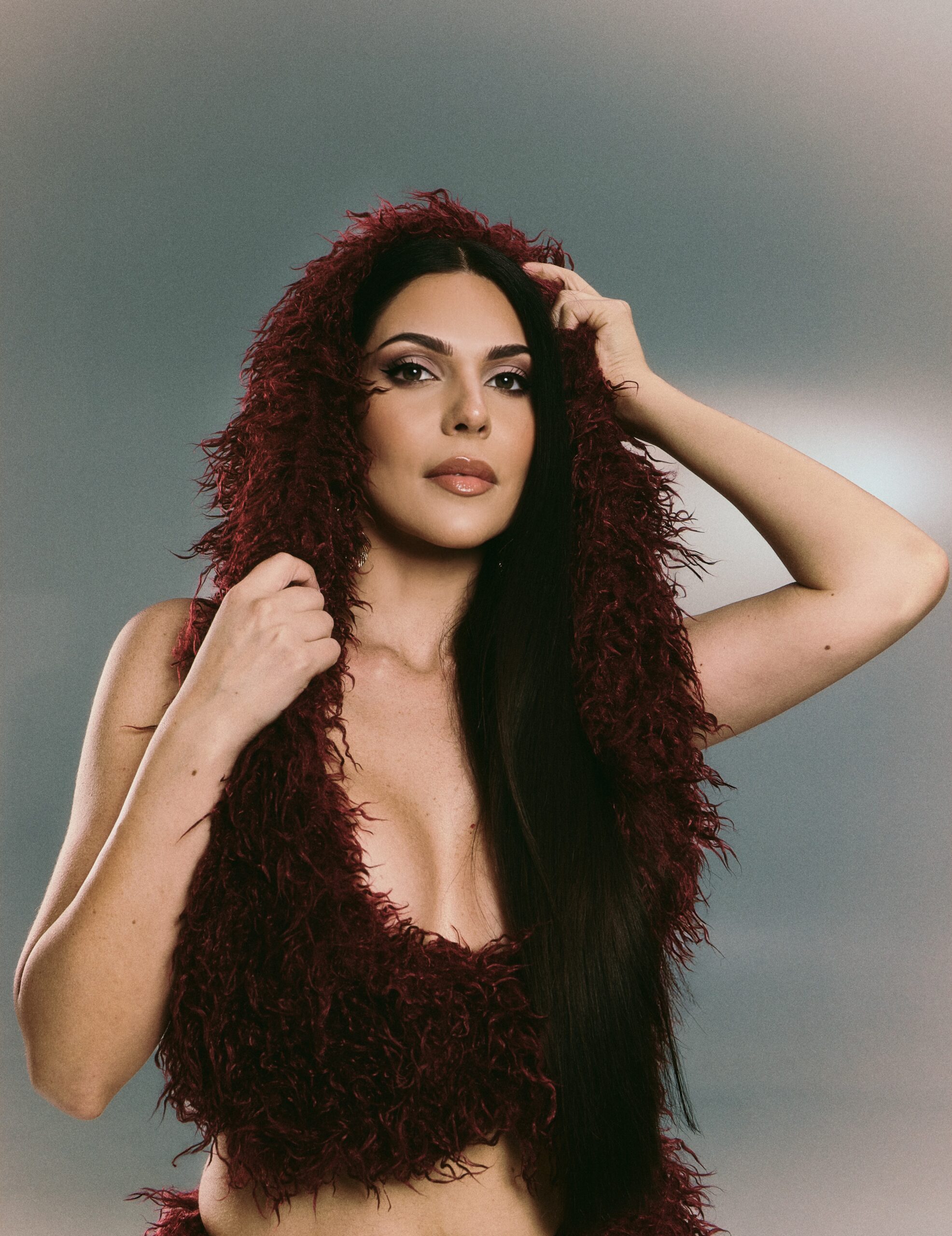
Spratt’s rise isn’t the story of a label-funded push or a viral fluke. It’s the story of an independent artist who leaned into curiosity and followed it across cultures. “The majority of my following came from me doing Afrobeats,” she admits. She’d been an “R&B girly” at heart but found herself drawn to the grooves and cadences of Afrobeats, recording covers that traveled far beyond her Canadian roots.
Those covers didn’t just rack up numbers; they shaped her artistic identity. What began as an experiment became a blueprint. “I found this way to fuse R&B with Afrobeats,” she explains. “That’s sort of my sound right now.” Her Instagram feed, TikTok performances, and YouTube catalog are proof of that balance. She isn’t simply mimicking hits; she’s studying their flows, decoding melodies, and translating them through her own lens. “I love the unpredictability,” she says of Afrobeats. “Pop music, you can often anticipate where the next line will go. Afrobeats keeps me on my toes.”
One of the most surprising aspects of Spratt’s artistry is her ability to perform in different dialects. It started as a fan request and snowballed into a defining trait. “I don’t even really know how I discovered this talent,” she admits. “At first I’d just learn a cover line by line, making sure I understood the flow. Fans would correct me sometimes, but always with love and support. That encouraged me to keep going.”
Soon, she was singing in Pidgin, Yoruba, and beyond. Her comment sections became classrooms and cheer squads rolled into one. Each attempt made her more confident, more fluent in the cadences of a culture she hasn’t yet physically visited but feels deeply connected to. “I want to go to Nigeria so badly,” she says, her voice lighting up at the thought. Until then, she’s connecting through the songs. When she sings Davido’s hits, her current favorite, or reinterprets Kiss Daniel and Asake, she’s not just covering music; she’s embodying a tradition of artists who blur borders by letting language carry melody.
@chrissyonair Replying to @Preshlor Hair world got through this tongue twister 🥵
♬ original sound – Chrissy Spratt
For all her talent, Spratt’s relationship with her own voice has been complicated. Fans call it “angelic” and “pure,” but she didn’t always see it that way. “Growing up, I actually didn’t like it,” she admits. “I thought I needed to be a powerhouse singer. I’d listen to Whitney Houston, Mariah Carey, Deborah Cox, and I’d feel like I couldn’t belt the way they did.” It took time and the affirmation of audiences for her to understand the gift she carried. “My voice is unique,” she says now with clarity. “There are certain styles of music it just makes sense with. I’ve had to embrace that.”
Released last month, Spratt’s latest project, Maybe Next Time, is a collection of songs that feel like diary entries set to rhythm—intimate, relatable, and unflinchingly honest. Each track circles the theme of love, tracing the highs of connection and the lows of heartbreak. “All of the songs are about relationships,” Spratt explains. “It takes you from the beginning—when you meet someone—to the very end, when you break up. Maybe Next Time means, okay, it didn’t work out, but I’m not going to cry over it. Maybe next time it’ll work. It’s an empowering project.”
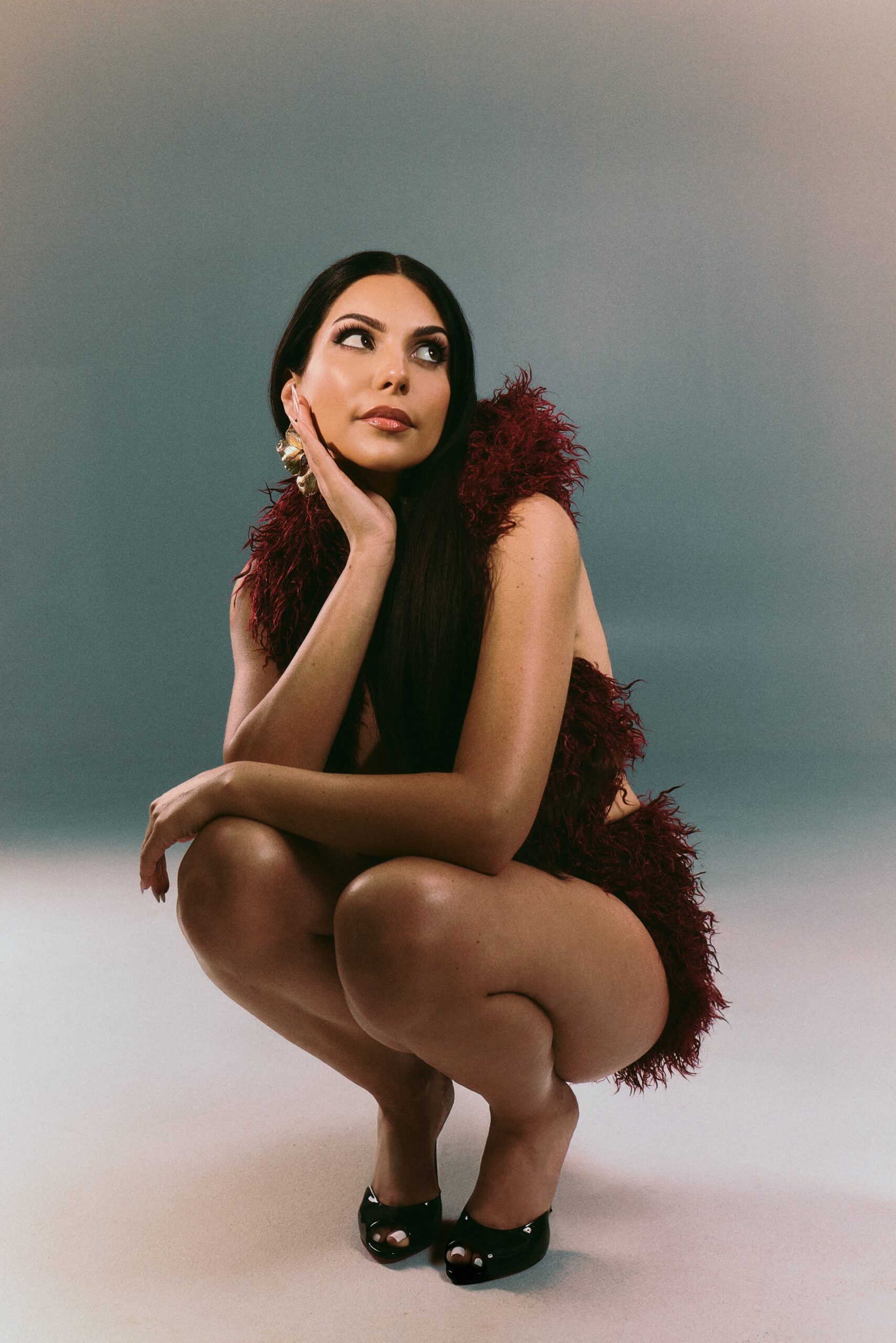
The project is elevated by her collaborations with Grammy-winning producers like Daramola and Tejiri, who helped expand her sonic palette. “They taught me so much,” she says. “Every collaboration is an exchange of information. They showed me new ways of writing, new flows, a new bounce. I love taking that with me into the next songs I create.”
Like many young artists, Spratt’s music is rooted in her experiences but not limited by them. “Sometimes it’s about what I’m going through,” she says. “Other times, it’s about something my friends are experiencing. If I can tap into that energy, I can write from it.” That ability to channel moods and stories that aren’t strictly autobiographical gives her songs a universality. It’s why listeners can find themselves in them, even if they’ve never lived Spratt’s exact story.
She admits she’s often surprised by how audiences connect. “You think you know which song is going to hit, and then fans gravitate to something else entirely,” she laughs. “That’s the beauty of releasing music—it’s not yours anymore, it belongs to them.”
In 2025, it’s nearly impossible to separate artistry from algorithms. Social media is the stage, and virality is the ticket, but Spratt refuses to be swallowed by it. “Fans can feel authenticity,” she says firmly. “They’re not stupid. If you’re not being authentic, it’s just not going to work.” She admits she’s had moments where she tried to bend toward trends, but the lesson was always the same: be yourself. “The world has to catch up to you,” she says. “Every artist has their moment. As long as the music is good, your time will come.”
That belief places her in line with artists like SZA, Tems, or Ciara—artists who have endured waves of industry change by refusing to shapeshift beyond recognition. Trends will always cycle, Spratt insists, but authenticity is timeless.
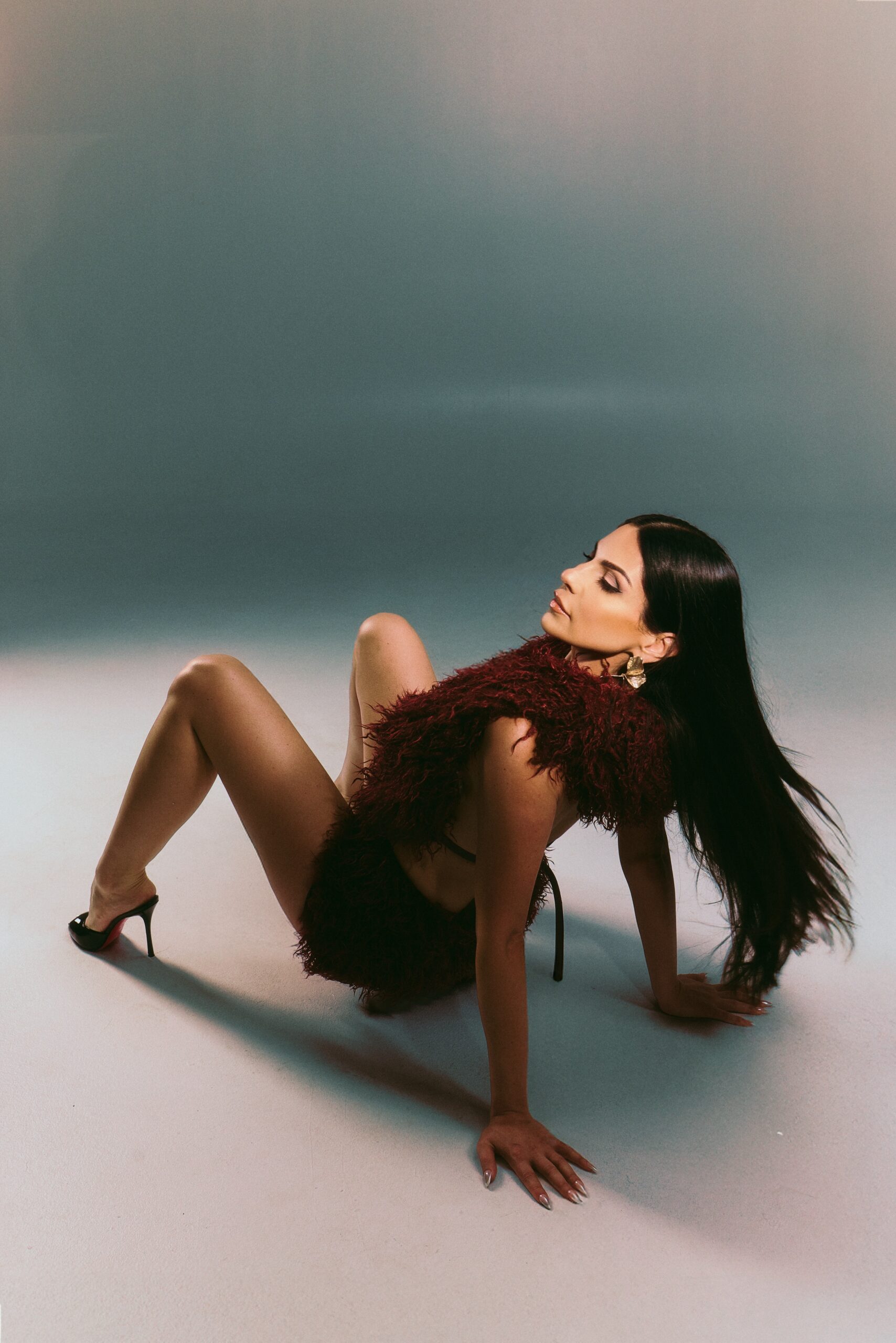
The future is wide open for Spratt and she’s only at the beginning of her journey. She’s toured with Chike, released a project that has already outperformed expectations, and built a global fanbase from her living room. But she’s also restless, eager for what comes next. There’s Nigeria, still waiting to be explored. There are collaborations she hasn’t yet revealed. And there’s the steady evolution of an artist who is no longer trying to belt like Whitney but instead learning to trust the power of her own tone.
“When I see the joy in people’s faces, that’s when I know I’m doing the right thing,” she says, circling back to the moment that started it all. For Chrissy Spratt, music isn’t about chasing virality or bending to trends. It’s about building connections that last—one song, one show, one fan at a time.
Featured Images: Artist Supplied

